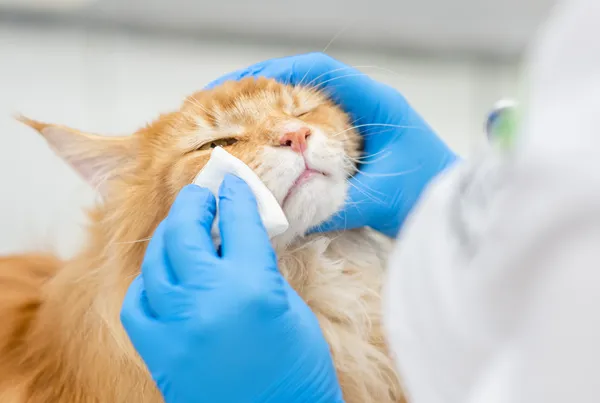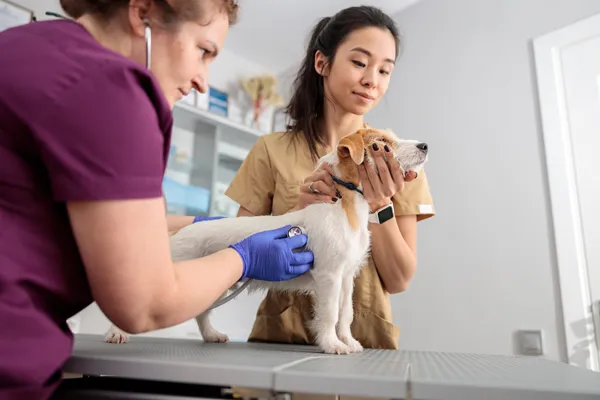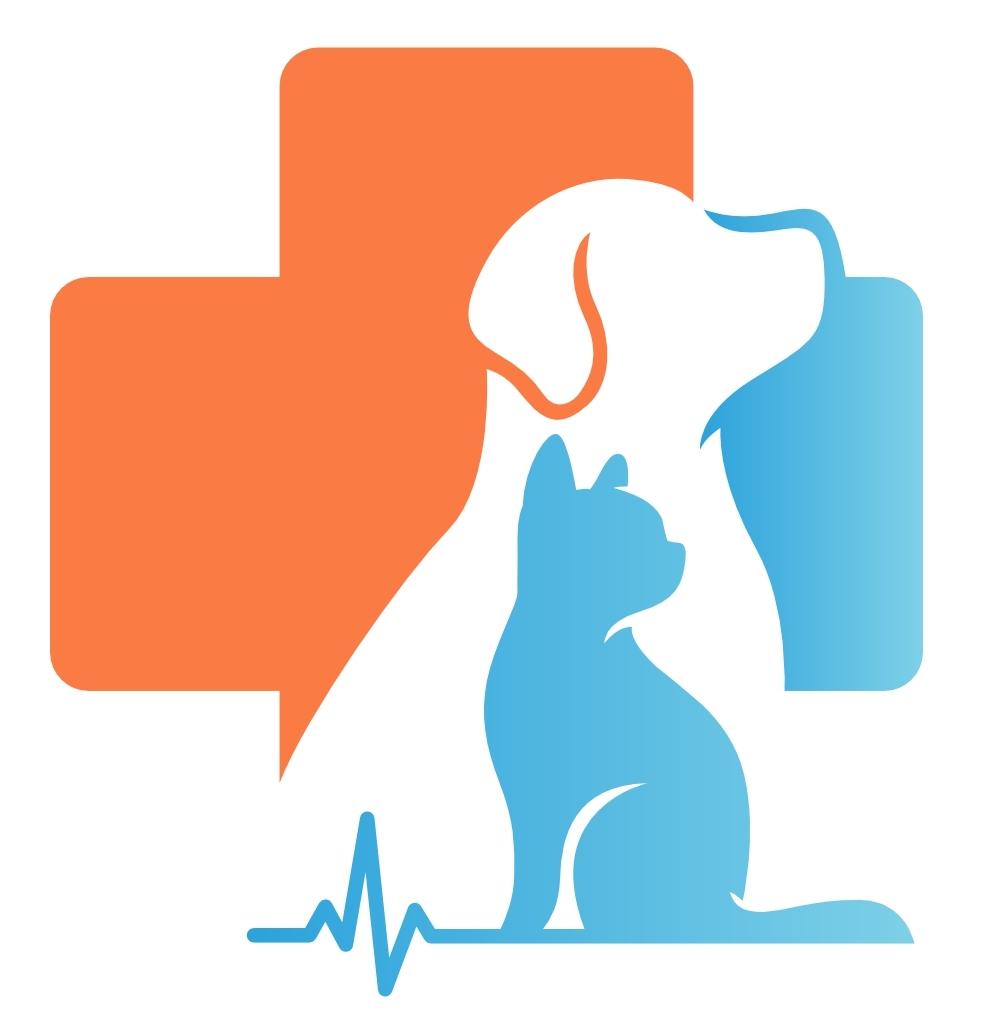Teflon (Polytetrafluoroethylene) Poisoning in Birds

Polytetrafluoroethylene (PTFE) is used as a non-stick coating on cookware. Teflon is the most well-known brand name of PTFE-based coatings. When PTFE is heated to high temperatures, it releases toxic particles and acidic gases that are toxic when inhaled. Birds are particularly sensitive to inhaled toxins or poisons and can be poisoned by PTFE even if they are not in the same room. Sadly, sudden death may be the only sign of PTFE poisoning.
Memorializing Pets

This handout summarizes the many options available to help celebrate your pet’s life and ways to help deal with your grief following the loss of your beloved pet.
Loss of a Pet – Grief and Bereavement

Grief is the normal and natural response to the loss of someone or something. It is a full body experience that includes physical, emotional, cognitive, social, and spiritual responses. The best way to manage your grief is to be reassured that these reactions are normal and to let them run their natural course. Grieving takes time. Usually it gradually lessens in intensity over time, but if it doesn’t, then professional counseling may help.
Curbside Veterinary Care: Benefits for You and Your Pet

Hospitals providing curbside care have restructured their practice to avoid the need for clients to enter the lobby and exam rooms. This is designed to promote physical (social) distancing and reduce the spread of COVID-19. Curbside care offers a number of benefits for you and your pet. By eliminating the need for you to enter the hospital, potential COVID-19 outbreaks are reduced. The veterinary team is protected under a curbside care model, and in turn, so is your pet. Even in curbside care, you will have an opportunity to speak with your veterinarian in order to discuss findings and recommendations. To help the curbside appointment go smoothly, bring a written list of concerns or fill in any forms your practice has sent to you prior to the appointment. Curbside care truly is in the best interests of you and your pet.
Cryosurgery

This handout discusses the use of cryosurgery in pets. This technique involves the use of extreme cold to destroy abnormal or diseased tissues. A short discussion in included as to how the technique is used, and in what circumstances it may be appropriate to use.
Erythromycin Ophthalmic

Erythromycin ophthalmic is an antimicrobial medication used to treat certain types of eye infections. It may be used “off label” or “extra label” to treat other eye conditions. Erythromycin ophthalmic comes in ointment form. Caution when using this medication in pocket pets as fatal diarrhea may occur if ingested orally.
Erythromycin – Oral

Erythromycin is given by mouth or injection and is used off label to treat bacterial infections and gastrointestinal motility problems in many animal species. Common side effects include diarrhea, lack of appetite, and vomiting. Do not use in pets that are allergic to it, have liver disease or dysfunction, or in pets such as rabbits, gerbils, guinea pigs, or hamsters. If a negative reaction occurs, please call your veterinary office.
Enrofloxacin

Enrofloxacin is an antibiotic given by mouth or in the muscle commonly used to treat bacterial infections in cats, dogs, and off label in small mammals, birds, and reptiles. Common side effects include vomiting, diarrhea, and lack of appetite. It should not be used in growing or dehydrated pets, or in cats with kidney disease. Use cautiously in pets with seizures, liver, or kidney disease. If a negative reaction occurs, please call your veterinary office.
Enalapril

Enalapril is used on and off label and is given by mouth or injection to treat heart failure, high blood pressure, chronic kidney disease, or proteinuria. Common side effects include loss of appetite, vomiting, diarrhea, and tiredness. Do not use in pets that are allergic to it, have an acute kidney injury, or have certain heart conditions.
Doxycycline

Doxycycline is an antibiotic given by mouth in the form of a tablet, capsule, or liquid, used off label to treat certain infections. Common side effects include stomach upset, sun sensitivity, and increases in liver enzymes. Serious side effects include liver failure, seizures, and trouble swallowing. Do not use in pregnant pets and use cautiously in pets with liver disease or in young pets. If a negative reaction occurs, please call your veterinary office.
